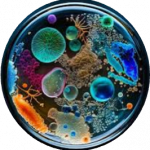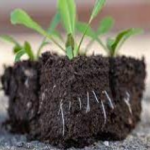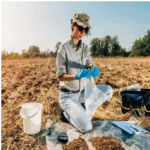 |
Microbiology and Ecology Core |
 |
The Microbiology and Ecology Core at the Department of Biology provides resources for studying environmental matrices such assoils, rivers, lakes, seas, thermal springs. Moreover, the core offersthe possibility of isolating, identifying, and characterizingmicroorganisms from the environment and animals.


